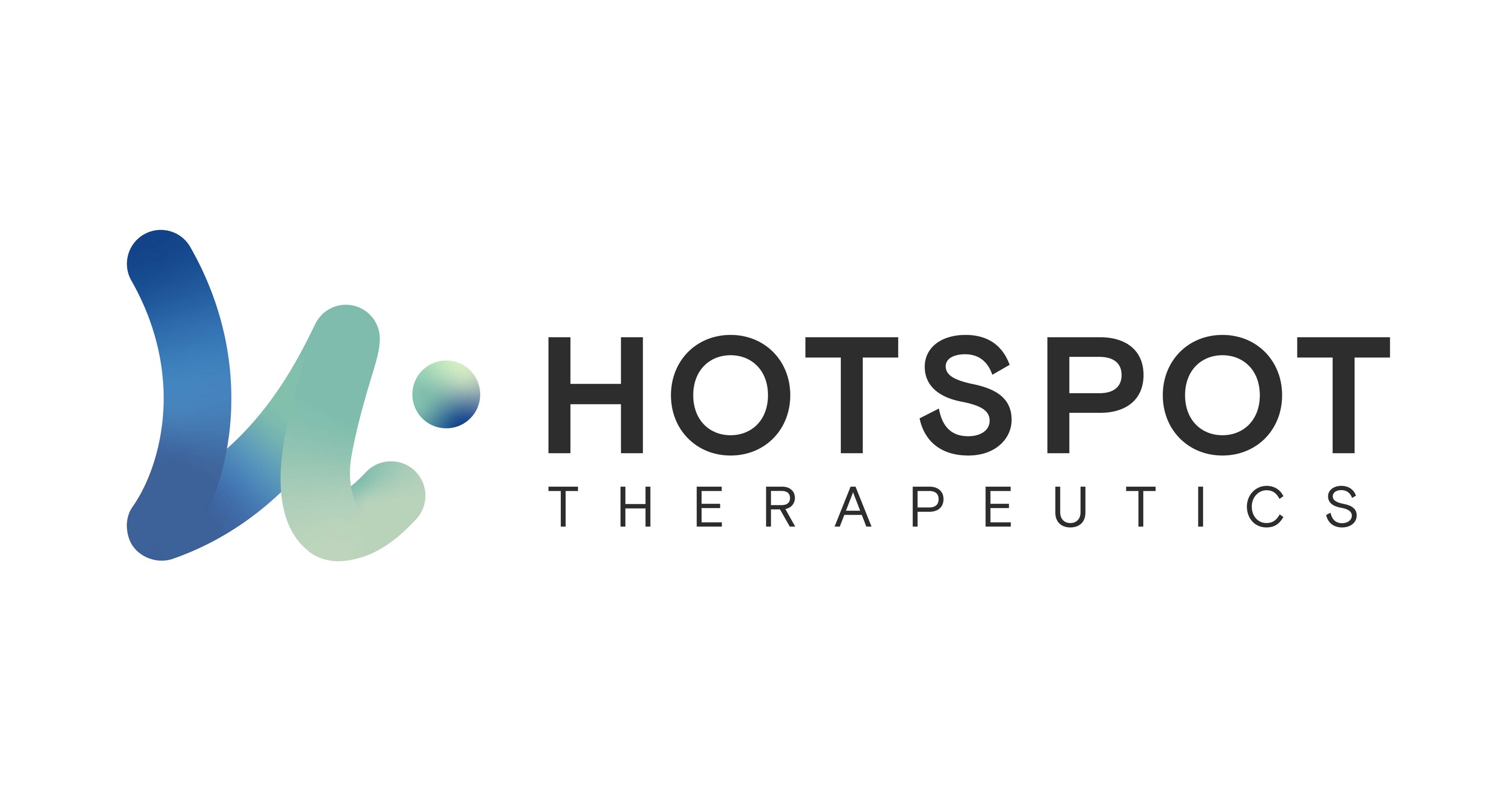Don't panic about new SARS-CoV-2 variant, experts say
04 July 2025 - 10:38
 Just R20 for the first month. Support independent journalism by subscribing to our digital news package.
Just R20 for the first month. Support independent journalism by subscribing to our digital news package.
No cases of the new SARS-CoV-2 variant NB.1.8.1 have been detected in South Africa. File image
Image: Supplied
Covid-19 has largely dropped out of the headlines, but the virus that causes it is still circulating. We ask what we should know about a new variant of SARS-CoV-2, the state of the Covid-19 pandemic in 2025 and the lack of access to updated vaccines in South Africa.
In the leafy Johannesburg suburb of Sandringham, the National Institute for Communicable Diseases (NICD) bears a deceptive façade. Do not be fooled by its sleepy campus, clustered face brick buildings and shade cloth parking; this government facility is home to state-of-the-art biosafety laboratories and some of South Africa’s top virologists, microbiologists and epidemiologists. Here, 71 scientists are tasked daily with laboratory-based disease surveillance to protect the country from pathogen outbreak events.
On March 5 2020, then health minister Zweli Mkhize announced South Africa’s first Covid‑19 infection at an NICD press briefing. At the time, the NICD was an obscure acronym for many, but that quickly changed as the institution became central to the country’s pandemic response.
While the Covid-19 pandemic may have waned, the NICD hasn’t stopped monitoring. That is because there remains a global public health risk associated with Covid-19.
The World Health Organisation (WHO) states: “There has been evidence of decreasing impact on human health throughout 2023 and 2024 compared with 2020-2023, driven mainly by:
SARS-CoV-2 circulation nevertheless continues at considerable levels in many areas, as indicated in regional trends, without any established seasonality and with unpredictable evolutionary patterns.”
Thus, while SARS-CoV-2 is still circulating, it is clearly not making remotely as many people ill or claiming nearly as many lives as it did four years ago.
Asked about this, Foster Mohale, spokesperson for the national health department, said “there are no reports of people getting severely sick and dying due to Covid-19 in South Africa now”.
As SARS-CoV-2 circulates, it continues to mutate.
The WHO recently designated variant NB.1.8.1 as a new variant under monitoring. There is however no reason for alarm.
Prof Anne von Gottberg, laboratory head at the NICD’s Centre for Respiratory Diseases and Meningitis, said NB.1.8.1 is not a cause for panic, particularly not in South Africa.
Von Gottberg said no cases of the new variant have been detected in South Africa. She refers to her unit’s latest surveillance of respiratory pathogens report for the week of June 2 to 8. It states that out of 189 samples tested, 41 (21.7%) cases were influenza, another 41 (21.7%) cases were respiratory syncytial virus (RSV) and three (1.6%) cases were earlier strains of SARS-CoV-2.
These figures suggest much greater circulation of influenza and RSV in South Africa than SARS-CoV-2. Over the past six months, 3,258 samples were tested, revealing 349 (10.7%) cases of influenza, 530 (16.3%) cases of RSV and 106 (3.3%) cases of SARS-CoV-2. Since most people who become sick because of these viruses are not tested, these figures do not paint the whole picture of what is happening in the country.
By May 23, the WHO considered the public health risk of NB.1.8.1 to be “low at the global level”, with 518 iterations of the variant submitted from 22 countries, mainly in Asia and the Pacific islands.
The WHO report states: “NB.1.8.1 exhibits only marginal additional immune evasion over LP.8.1 [first detected in July 2024]. While there are reported increases in cases and hospitalisations in some of the WPR [Western Pacific Region] countries, which has the highest proportion of NB.1.8.1, there are no reports to suggest the associated disease severity is higher compared with other circulating variants. The available evidence on NB.1.8.1 does not suggest additional public health risks relative to the other currently circulating Omicron descendent lineages.”
Von Gottberg said the NICD plays a critical public health communication role in combating misinformation and warns against alarmist and inaccurate online depictions of NB.1.8.1, the Omicron-descendent lineage dubbed “Nimbus” by some commentators.
“There’s fake news about NB.1.8.1 going around on social media,” she said. “For example, supposed symptoms. I have been trying to look for articles and have not seen anything from reliable sources. There is no information about whether there are any differences in symptoms because there are so few cases and it is not causing more severe disease.”
Von Gottberg implored members of the public to check information sources. “We try hard — and the health department does the same — to put media releases out so accurate information is shared. We ask our clients, the public, to verify information before they start retweeting or resending.”
The WHO recommends countries ensure continued equitable access to and uptake of Covid-19 vaccines. They also note the currently approved Covid-19 vaccines are expected to remain effective against the new variant. Contrary to WHO advice, newer Covid-19 vaccines are not available in South Africa and continued access to older vaccination seems to have ceased.
When Spotlight called two branches of two different major pharmacy retailers in Cape Town asking for available Covid-19 vaccines, the answer at both was they have none.
Several recently approved Covid-19 vaccines are being used in other countries but are not available in South Africa. These include Moderna’s updated mRNA boosters, approved in the US and parts of Europe, Novavax’s Nuvaxovid vaccine, approved in the US, and Arcturus Therapeutics’ self-amplifying mRNA vaccine Zapomeran, approved in Europe. Self-amplifying mRNA vaccines have the additional capacity to induce longer lasting immune responses by replicating the spike-proteins of SARS-CoV-2.
None of these vaccines are under review for registration in South Africa, according to the South African Health Products Regulatory Authority (SAHPRA). Vaccines may not be made available in the country without the green light from SAHPRA. “It may be advisable to contact the owners of the vaccines to obtain clarity on whether they intend to submit for registration,” said SAHPRA spokesperson Yuven Gounden.
Spotlight sent questions to Moderna, Novavax and Arcturus, asking whether they plan to submit their vaccines for registration with SAHPRA, and if not, why not. None of the companies responded by the time of publication.
Von Gottberg said vaccines can only become available in South Africa if their manufacturers submit them to SAHPRA for approval. “So, if a vaccine provider, a vaccine manufacturer, does not want to sell in our country because they do not see it as a lucrative market, they may not put it forward for regulation so it can be made available.”
Professor of Vaccinology at the University of the Witwatersrand, Shabir Madhi, said the major concern with the lack of licensed SARS-CoV-2 vaccines in South Africa is “high-risk individuals remain susceptible to severe Covid-19 as there is waning of immunity”.
“High-risk individuals should receive a booster dose every 6-12 months, preferably with the vaccine that is updated against current or most recent variants,” he says.
Von Gottberg has similar concerns. “My hope as a public health professional is that these vaccine manufacturers take us seriously as a market in South Africa and in Africa, and put these vaccines and products through our regulatory authorities so they can be made available in the public and in the private sector for all individuals who are at risk and should be receiving these vaccines.”
Gounden noted that should a public health need arise, “SAHPRA is ready to respond in terms of emergency use approval”.
Last month in the US, health and human services (HHS) secretary Robert F Kennedy Jnr fired all 17 members of the Advisory Committee on Immunisation Practices (ACIP) — an expert body responsible for recommending vaccines for 60 years. He then appointed eight new members, some known for vaccine scepticism.
Commenting on this, Von Gottberg said: “I hope there will be those who will think about what he [Kennedy] is doing and question it. It is an unusual situation in the US, you cannot call it business as usual.”
In an article published in the Journal of the American Medical Association, former ACIP members voiced grave concern over the dismissals: “Vaccines are one of the greatest global public health achievements. Vaccine recommendations have been critical to the global eradication of smallpox and the elimination of polio, measles, rubella and congenital rubella syndrome in the US. They have also dramatically decreased cases of hepatitis, meningitis, mumps, pertussis (whooping cough), pneumonia, tetanus and varicella (chickenpox) and prevented cancers caused by hepatitis B virus and human papilloma viruses. Recent scientific advancements enabled the accelerated development, production and evaluation of Covid-19 vaccines.”
The article also questioned the announcement by Kennedy Jnr on X that he had signed a directive to withdraw the recommendation for Covid-19 vaccination in healthy children and healthy pregnant people.
“Recent changes to Covid-19 vaccine policy, made directly by the HHS secretary and released on social media, appear to have bypassed the standard, transparent and evidence-based review process. Such actions reflect a troubling disregard for the scientific integrity that has historically guided US immunisation strategy,” the authors warned.
Von Gottberg added: “We hope this anti-vax, the denialism of vaccines and the good they do, won’t come to South Africa.”
In addition, she cautioned public healthcare professionals to take heed of this discourse.
“We must take seriously that people have questions and they want to see us doing things correctly, transparently, always telling people of our conflicts of interest, being upfront when things are controversial, when it’s difficult to make decisions.
“So what this teaches us is not to be complacent in the way we talk and write about vaccines, discuss vaccines, and we must take our clients, the public, seriously and hear their voices, listen to their questions.”
 Just R20 for the first month. Support independent journalism by subscribing to our digital news package.
Just R20 for the first month. Support independent journalism by subscribing to our digital news package.










